mellowyellow
Well-known Member
January 20
1841 China cedes Hong Kong to the British during the 1st Opium War
1841 China cedes Hong Kong to the British during the 1st Opium War


20 January 1936 – Edward VIII becomes King of the United Kingdom.
Edward VIII (Edward Albert Christian George Andrew Patrick David; 1894–1972) was King of the United Kingdom and the Dominions of the British Empire, and Emperor of India, from 20 January 1936 until his abdication on 11 December the same year.
Edward in uniform as colonel of the Welsh Guards, 1919.

Edward was the eldest son of King George V and Queen Mary. He was named Prince of Wales on his sixteenth birthday, nine weeks after his father succeeded as king. As a young man, he served in the British Army during the First World War and undertook several overseas tours on behalf of his father.
“The Year of the Three Kings”, postcard 1936.

Edward became king on his father’s death on 20 January 1936. However, he showed impatience with court protocol, and caused concern among politicians by his apparent disregard for established constitutional conventions.
Only months into his reign, he caused a constitutional crisis by proposing marriage to Wallis Simpson, an American who had divorced her first husband and was seeking a divorce from her second. The prime ministers of the United Kingdom and the Dominions opposed the marriage, arguing that a divorced woman with two living ex-husbands was politically and socially unacceptable as a prospective queen consort.
Edward abdicated on 11 December 1936. He was succeeded by his younger brother, George VI. With a reign of 326 days, Edward is one of the shortest-reigning monarchs in British history.
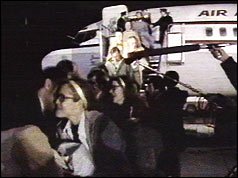

Thanks Tish. A little history re the Monte Carlo Rally ...This day in History
21/01/1981: Tehran frees US hostages after 444 days
The 52 American hostages held at the US embassy in Tehran for more than 14 months arrive in West Germany on their way home to the United States.
View attachment 145487
21/01/1992: UN threatens Libya with sanctions
Libya has been served with a resolution to hand over intelligence agents accused of two airliner bombings.
21/01/1950: Acclaimed author George Orwell dies
The British writer George Orwell dies after a three-year battle against tuberculosis.
21/01/1997: Carers accused in child abuse inquiry
More than 80 people are named as child abusers in statements to the North Wales inquiry.
21/01/1966: Future of Monte Carlo rally in doubt
The Monte Carlo rally ends in uproar over the disqualification of the British cars expected to fill the first four places.

The hostages in Iran was an incredible day in history, to see the women in the days of the Shah in attractive western dress and then after the coup, thrown back into the dark ages. Tragic.This day in History
21/01/1981: Tehran frees US hostages after 444 days
The 52 American hostages held at the US embassy in Tehran for more than 14 months arrive in West Germany on their way home to the United States.
View attachment 145487
21/01/1992: UN threatens Libya with sanctions
Libya has been served with a resolution to hand over intelligence agents accused of two airliner bombings.
21/01/1950: Acclaimed author George Orwell dies
The British writer George Orwell dies after a three-year battle against tuberculosis.
21/01/1997: Carers accused in child abuse inquiry
More than 80 people are named as child abusers in statements to the North Wales inquiry.
21/01/1966: Future of Monte Carlo rally in doubt
The Monte Carlo rally ends in uproar over the disqualification of the British cars expected to fill the first four places.
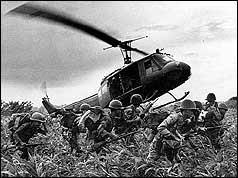
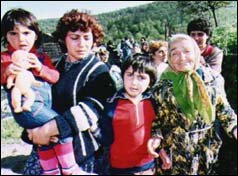
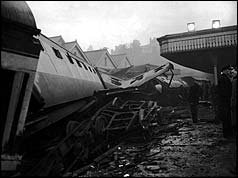
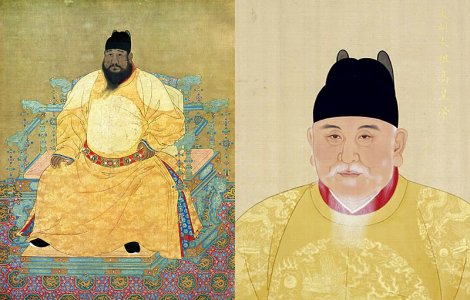
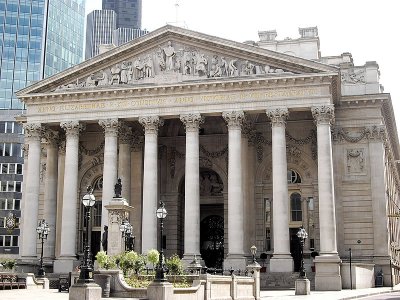
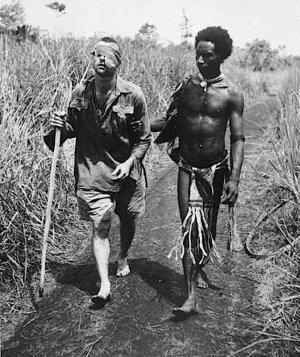
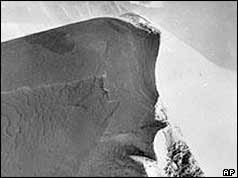
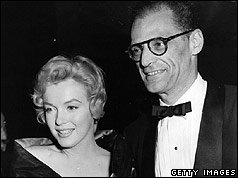
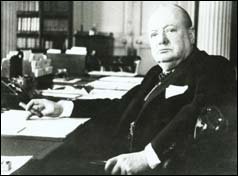
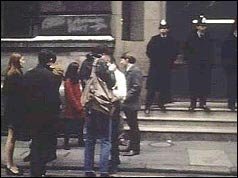
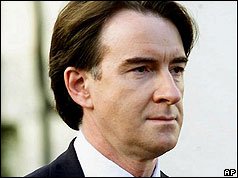
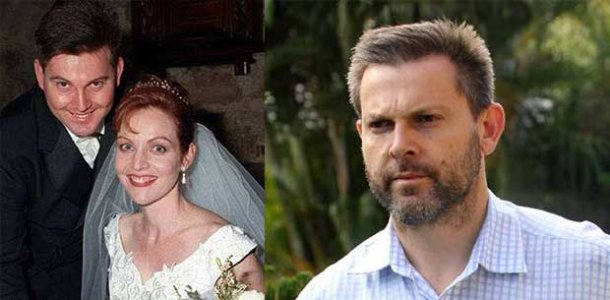




Such a strange and awful case.1908 Lieutenant General Robert Baden-Powell publishes "Scouting for Boys" as a manual for self-instruction in outdoor skills and self-improvement. The book becomes the inspiration for the Scout Movement.
View attachment 145952
Robert Baden-Powell’s great grandson Gerard Baden-Clay was born to lead. To do great things. It was in his DNA.
But in 2014, he was found guilty of murdering his wife Allison, the mother of his three children and sentenced to life in prison.
Apparently he is a model prisoner. His good behaviour has reportedly earned him extra privileges, including extra “buy-ups” at the prison canteen and possibly an extra weekly visit. “He does everything he is asked to do,” a source said. “When he approaches you he says: ‘Excuse me, officer.’ He is very polite.
